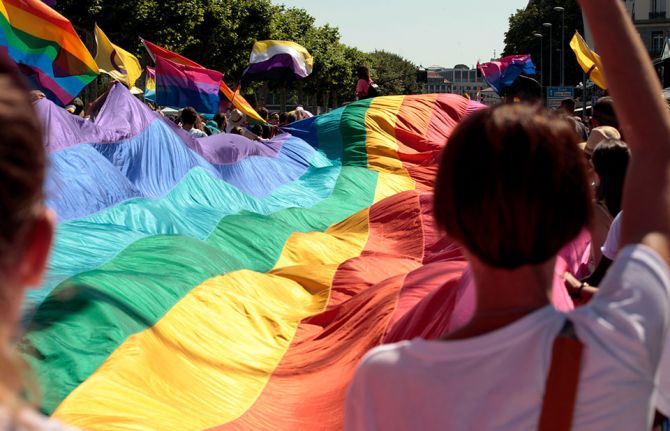

Update
Criminalization of same-sex sexual relationships decreasing
07 October 2019
07 October 2019 07 October 2019Fifty years after the Stonewall riots in New York, United States of America―a major milestone in the modern struggle to recognize the human rights of lesbian, gay, bisexual, transgender and intersex people―more people are benefiting from the rights that the Stonewall protesters campaigned for. The number of people living in countries that criminalize consensual same-sex sexual relationships has steadily declined since 1969.
In June 2019, Botswana became the latest country to decriminalize same-sex relationships, but Africa still accounts for about half of the world’s population living in countries with anti-homosexuality laws. In 2018, the proportion of the world’s population that lives in countries that criminalize same-sex sexual relations plummeted from about 40% to 23% following the Indian Supreme Court’s decision that decriminalized all consensual sex among adults. This was the largest annual decline since China decriminalized same-sex sexual relationships in 1997.
Prohibitive laws and policies against key populations increase their vulnerability to HIV. It is therefore vital to ensure the full respect of the human rights of all people, regardless of their sexual orientation and gender identity, including through repealing laws that prohibit sex between consenting adults in private, enforcing laws to protect people from violence and discrimination and addressing homophobia and transphobia.
Consensual same-sex sexual relations remain criminalized in at least 67 countries and territories worldwide.



